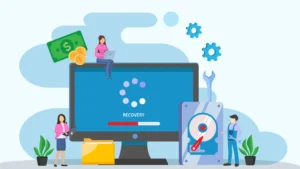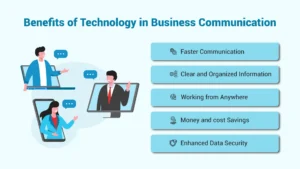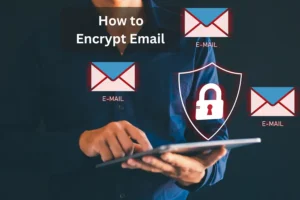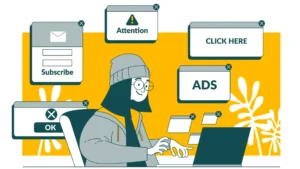Information security is an ongoing process, not something you do once and then forget about, right?
Right! If you’re still keeping all your original passwords in a small dusty notebook on the corner of your desk…it’s time to rethink.
Online Password Management Solutions
You’ll be relieved to know there are some really good online password management solutions you can use. Passwordbox.com, Lastpass.com and Dashlane.com
Reducing the Risk of Hacking
The single best way to reduce the risk that hackers have zeroed in on your online credentials is to change passwords on a regular basis. As an extra precaution, you could create a distinct password for each website.
This lessens the chances that a crook could tap into all of a person’s web-based accounts, especially bank accounts. Consumers could for example, preface an easy to remember password with the name of the store, such as “amazon_Zulu58!”lane.com can help computer users develop stronger passwords that are kept in a virtual vault, of sorts.
That way unencrypted data doesn’t stay in the user’s browser cache. Some sites also have a repository for credit card numbers.
Proceed with Caution Online
“Proceed with Caution” is a good general rule of thumb to remember whenever you’re opening attachments, making purchases or logging in to a site.
Some local Indiana banks and businesses have been breached when the hacker sends an e-mail to an employee that contains a malicious attachment.
A single careless click installs key-logging software that harvests passwords. Clever hackers may even go so far as figuring out a professional organization to which an employee belongs and creating custom e-mails to entice the reader to open and click.
Identifying Safe Online Retail Sites
While some online retail sites appear slick and compelling for consumers – often times they are traps for stealing consumer data. Be cautious of sites that lack basics such as a phone number or office address on the site.
Also, look for whether it is a member of the Better Business Bureau or whether it has been reviewed or recognized by industry publications that might attest to the site’s authenticity.
When placing online orders, consumers also should watch that the URL on the browser indicates that the data is encrypted, such as displaying https: rather than http:.
Hackers Targeting Less Robust Systems
Much of the earlier hacking focused on financial companies. But as those systems have been strengthened, hackers are turning to less robust systems operated by hospitals, small retailers and other industries.
Six Keys to Keeping Your Information Secure
1) Use Unique Passwords
Use a different password for every website you visit. We know it seems like password overload but it is a lot less work than dealing with getting hacked.
2) Use a Strong Combination
Use a combination of upper case, lower case, numbers and symbols. The more original you are the better.
3) Change Passwords Regularly
Change your passwords every three months.
4) Try a Password Manager
If it’s hard to remember all your passwords, try a password manager. With most password managers, you have to put in a master password every time you want to use it, so it keeps hackers out.
5) Ensure Antivirus Protection
Make sure your computer has an anti-virus program. Several companies such as Avast, McAfee, Webroot and Kaspersky offer suites of protection.
6) Set Up Two-Step Logins
Set-up two step log-ins. Two step authentication asks you to sign in with your password, and then add a second sign-in – a numeric code sent by text, e-mail or a phone call. Think of it as a double password.
Get Professional Help
Have questions? Jay and his team at Techno Advantage want to help you ensure that you’re protected. Click here to contact a Techno Pro! For more information on migration solutions. Call: 317.857.0150
Author
-

Jay S. Allen, MCP, MCSA, MCSE, MCSE+ Security, is an experienced IT professional with more than 20 years in the industry. He specializes in delivering enterprise-level cybersecurity and IT support solutions tailored to small and mid-sized businesses. Through Techno Advantage, Jay is dedicated to helping organizations strengthen their security posture and achieve greater efficiency through smart, scalable technology solutions.










